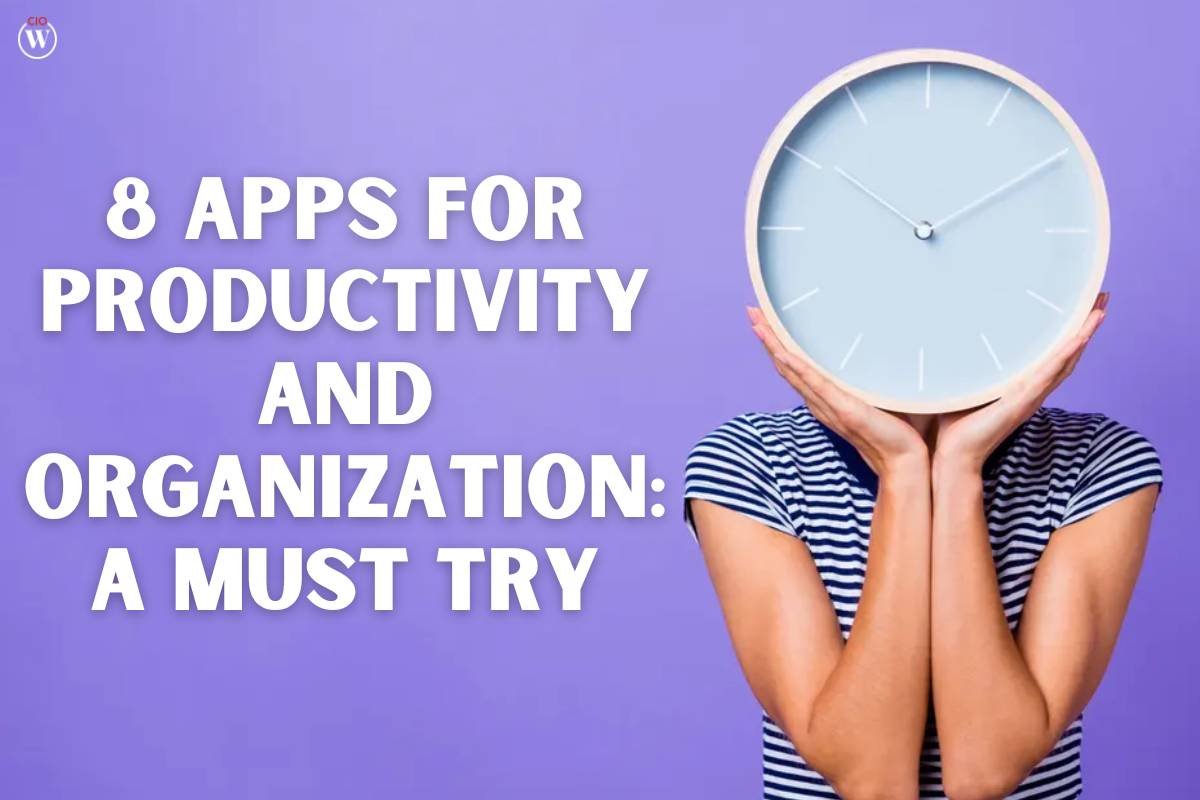The Birth of a Tech Giant
On April 4, 1975, childhood friends Bill Gates and Paul Allen founded Microsoft, a company that would go on to revolutionize the technology landscape. As Microsoft 50th anniversary approaches, what began as a small software venture quickly grew into a global powerhouse, now employing approximately 228,000 people as of 2024. Microsoft played a crucial role in driving the personal computing revolution, enhancing productivity with its suite of applications and accelerating the rise of the internet economy in the 1990s.
From its early operating systems to the launch of Windows 95, Microsoft reshaped how people interact with technology. The company’s contributions to software development, gaming with Xbox, and cloud computing have left a lasting impact on businesses and consumers alike. Even those who resist modern technology cannot deny the pervasive influence of Microsoft in everyday life, whether through word processing, data analysis, or digital entertainment.
Microsoft’s Innovations and Challenges
As Microsoft 50th anniversary approaches, the company reflects on decades of introducing groundbreaking products that have become integral to daily workflows. Its Office Suite, including Word and Excel, remains a cornerstone of business operations. However, its software pricing and subscription models have prompted some users to seek alternative options. Many consumers opt for free or low-cost alternatives, often joking about finding substitutes with names like “Inarticulate Grunt” instead of Microsoft Word or “Blend In and Ride The Clock Until Quitting Time” as a stand-in for Excel.
Beyond software, Microsoft has continually expanded its influence. The launch of the Microsoft Store facilitated the distribution of applications, but users sometimes find themselves frustrated when attempting to install third-party software due to security restrictions. This has led to comparisons with the artificial intelligence HAL 9000 from “2001: A Space Odyssey,” humorously suggesting that Microsoft tightly controls software installations in a way that can feel restrictive to users.
The Broader Impact: Philanthropy and Global Influence
Microsoft’s success has also fueled extensive philanthropic efforts, largely through the Bill & Melinda Gates Foundation. The foundation has played a significant role in global health, education, and technology accessibility initiatives. However, Gates’ extensive involvement in global affairs has sparked debates, with some imagining a world where Microsoft dictates global policies—complete with system updates at inconvenient moments and unexpected glitches in daily life.
Despite humorous speculations about Microsoft’s potential to govern the world, the company’s impact is undeniable. As it marks its 50th anniversary, As Microsoft 50th anniversary approaches, it continues to shape the future of technology, from artificial intelligence to cloud computing. Whether admired for its innovations or scrutinized for its corporate strategies, Microsoft’s influence remains a defining force in the digital era. Looking ahead, the company’s next milestones will likely continue to reshape the technological and social landscape, ensuring its legacy endures well beyond its first half-century.
Also Read: Microsoft Introduces Copilot Vision: AI-Powered Web Assistant









